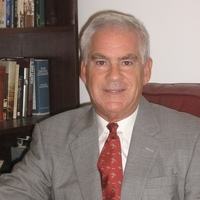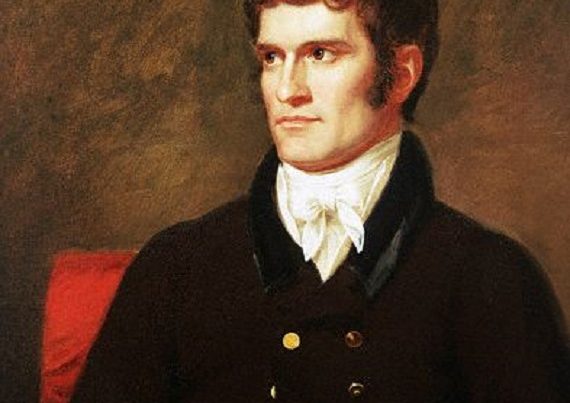
In August, Thomas Moore, novelist and founding Chairman of the Southern National Congress, passed away unexpectedly at his home in Aiken, South Carolina at the too-early age of 73. Tom was South Carolina-born, a graduate of the Citadel and had an M.A. in National Security Affairs from Georgetown University. He worked for 25 years in powerful circles in Washington in defense-related agencies like the Pentagon and the Senate Armed Service Committee.
In Washington he began to understand that national “conservative” leaders are self-promoters who care nothing for our Southern viewpoint and people and indeed hold us in contempt. He returned home and initiated the creation of the Southern National Congress, which made him widely known and valued across the South. The Congress was to establish and forward Southern opinion (with due attention to State rights). While the Congress has not grown into the major institution that was hoped for, it remains alive.
After his change of mission, Tom got M.A.s in both History and Creative Writing at University College in Ireland to prepare for future contributions to Southern literature. Shotwell Publishing issued Tom’s intriguing novel A Fatal Mercy: The Man Who Lost the Civil War. Previously he published The Hunt for Confederate Gold, an upbeat and plausible treatment of near-future Southern independence, and No Villains, No Heroes, about a famous courtroom gunfight in Virginia.
In recent times Tom had gallantly devoted himself to the care of his ailing wife Rhonda. He had been in good health until recently and had received the COVID injection.
Thomas Moore’s passing is a loss to Southern literature and Southern leadership.






I may have been born in NY but my mother, with whom I have always identified, was an Eastern European immigrant prior to WWII. As a Highschooler, I never bought into the notion that the Civil War was only about slavery. As a Christian and not an agnostic, I found myself more akin to the South than the North. Since retiring to North Carolina and subscribing to the Abbeville Institute, I feel I am where I belong and I only hope any vestige of “Yankeeism” does not show in my new personal relations. Thank you Abbeville Institute for ensuring that my instincts are correct.
Rest in peace.